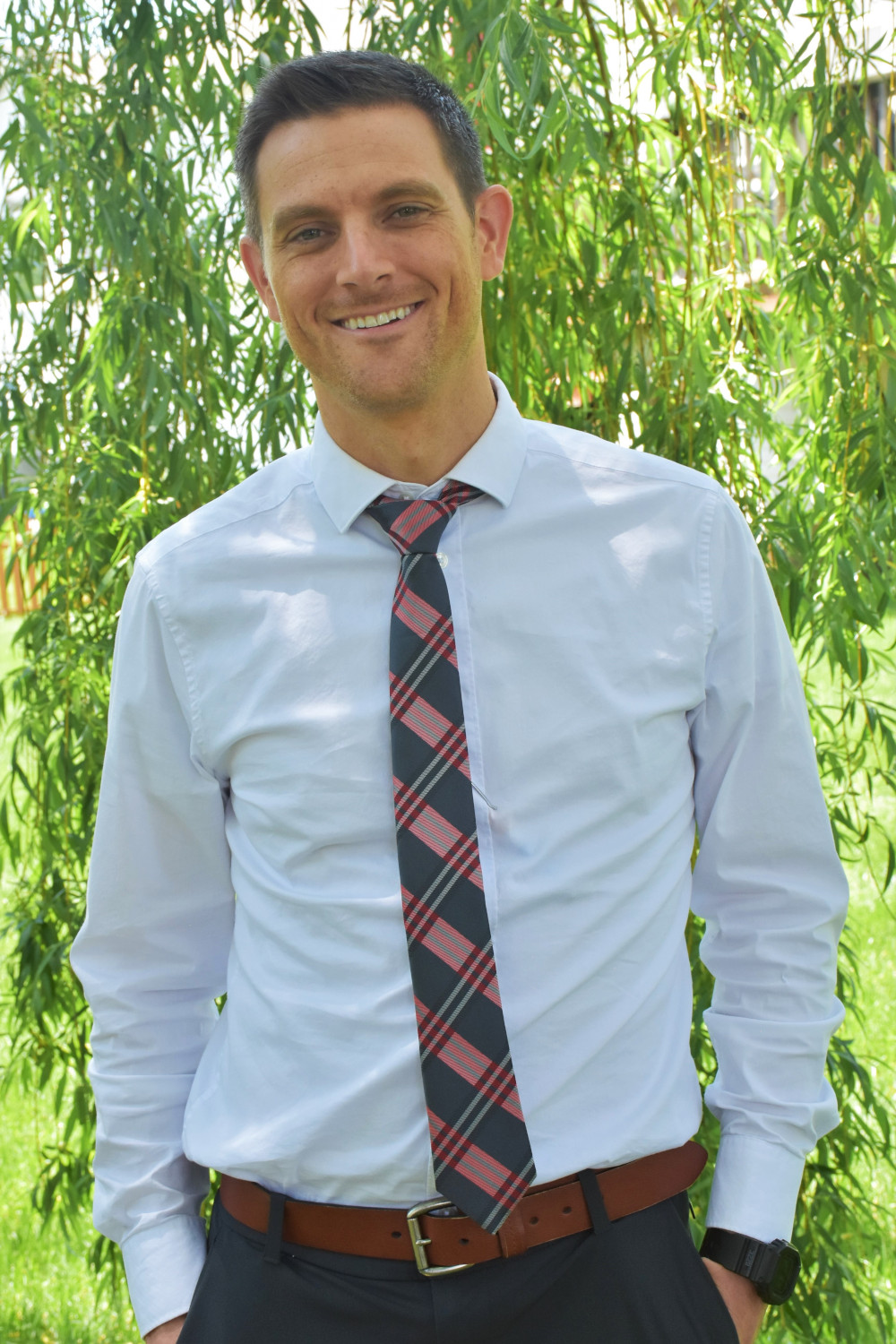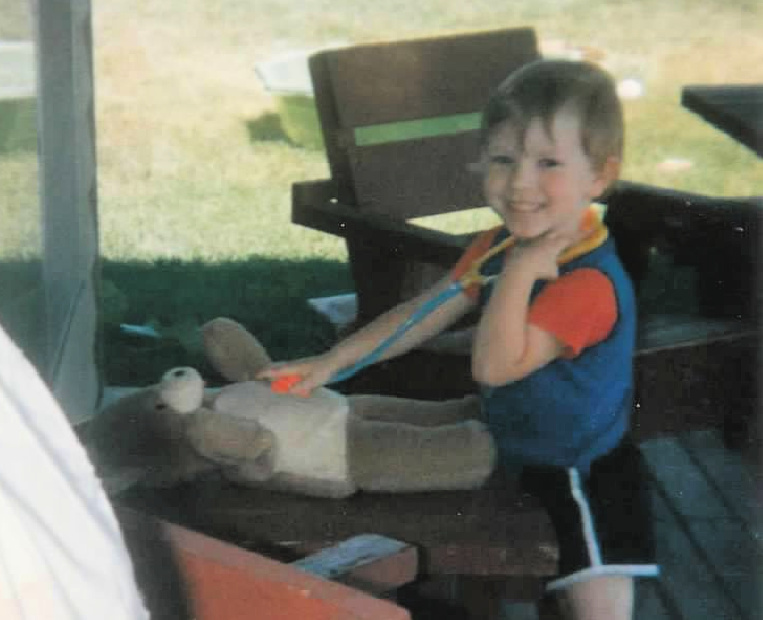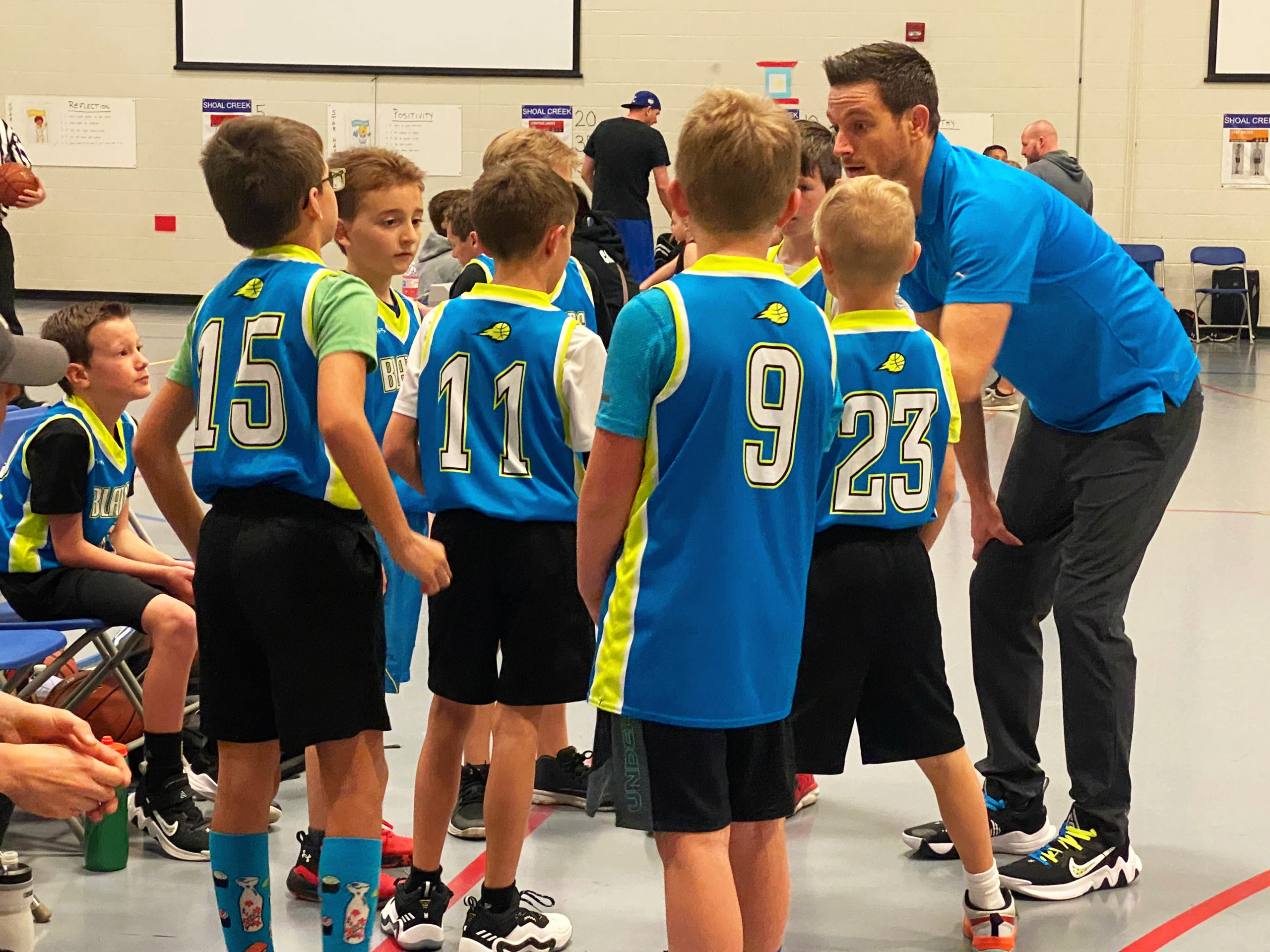About Dr. Willis – Education & Training
Brayden Willis, D.O. is grateful to have found his calling as a Child & Adolescent Psychiatrist. He received his undergraduate education from Brigham Young University (BYU) and graduated medical school in 2017 from Kansas City University of Medicine and Biosciences (KCU). He completed his Adult Psychiatry residency training at The University of Kansas Medical Center (KUMC) and he remained there for his Child & Adolescent Psychiatry fellowship training. During his training, Dr. Willis was able to provide psychiatric care for child and adolescent patients in multiple settings, which has made him feel up to the challenge of managing even the most complex of cases.
About Northland Child Psychiatry
When Dr. Willis considered how he could make the greatest contribution to his community, best utilize his skill set, and practice the version of psychiatry truest to his ideals, he felt driven to create Northland Child Psychiatry. Dr. Willis was motivated to start this practice to ensure that he would have adequate face-to-face time with his patients and their guardians, in order to: build rapport/trust, allow for all participants’ voices to be heard, resolve concerns, provide psychotherapy when possible, establish accurate diagnoses, and implement an effective individualized treatment plan. With the ultimate goal that all involved will feel confident that the patient is receiving the highest quality of care.
Northland Child Psychiatry is a private pay clinic, which means that it is out-of-network for all insurance companies, and instead operates on a fee-for-service model
(see: Forms > “Clinic Policies and Financial Agreement”).
Therefore, Dr. Willis is not subject to any restrictions or demands of insurance companies (which are often not in the best interest of the patient). Insurers have shown a propensity to underfund mental health, which has meant that psychiatrists who choose to remain “in-network” must see a growing number of patients in order to be profitable. This results in less face-to-face time with patients, more administrative burden, and burned-out physicians. Which ultimately leads to diminished quality of care.
Operating under the private pay model, Dr. Willis is able to practice sound medicine/psychiatry, independent of the constraints of insurance. He is able to truly get to know his patients and their families, and is able to collaborate with them, so that all involved can confidently achieve the highest quality of care. If a patient wishes to seek reimbursement from their insurance, the clinic will provide a receipt that the patient may directly submit to their insurance company.
About Dr. Willis – Personal Life & Background
Brayden Willis was born and raised in Moses Lake, WA. From a young age, he aspired to someday grow up to be a pediatrician in order to help children in need. His grade school years were spent in the less-affluent part of town. His friends represented a diverse array of ethnic, cultural, and family backgrounds. And he instinctively became aware of the challenges faced by many individuals and families, including those in marginalized groups. He remembers a lot from his childhood, and he sees this as a blessing. Because he remembers what it was like to be a kid, Dr. Willis knows, at least to some degree, what your child might be going through.
Being the only boy in a family with many sisters, he remembers what it’s like to sometimes feel out of place at home. He knows what it’s like to share a house with adolescent girls who are under the influence of powerful hormones. And he can imagine what adolescence must have felt like for those girls.
He remembers what it feels like to have to leave mom’s side to get on the school bus for the first time. He knows what it feels like to have a teacher or parent who don’t quite understand you. He knows what it takes to overcome shyness and to find one’s own voice. He knows how painful school can be when you have focus and concentration challenges. He knows what it feels like to get hyperfocused playing video games, lose all track of time, and forget to do your chores. He knows how hard it can be to seek and accept help from others, even when you need it the most.
He knows how it feels to face peer pressure, to stand up to it, and to give in. He knows what it’s like to have a bully, and he has experience standing up to bullies on the behalf of others. He remembers what it felt like to extend forgiveness and compassion toward a bully, in order to help him learn to read. He knows how good it feels to extend that kind of charity. He knows how to motivate youth, so that they start making decisions that they can be proud of in the future.
As a late bloomer physically, the runt in his class, he remembers what it feels like to look different from everybody else. What it feels like to be insecure in your body/appearance. He knows what it takes to become comfortable in your own skin. How to take control of the things you can control, and how to find peace with the rest. He remembers what it feels like to make a team, and how it feels to miss the cut. He knows what it feels like to have to fake confidence, and how good it feels when real confidence finally arrives, fully earned.
Even outside his role as a Child & Adolescent Psychiatrist, Dr. Willis has felt called to mentor young people through their developmental years. He has volunteered as tutor, coach, scoutmaster, and “big brother.” And worked as a substitute teacher before going to medical school. Quickly becoming a favorite of the students, if for no other reason than that he was willing to throw a football or dunk a basketball at recess. In all this, he has looked for opportunities to teach and encourage “the one.” The one who might be struggling, the one heading in the wrong direction, the one losing hope. It is exciting to Dr. Willis to be able to intervene at a time when seemingly small course corrections have the potential to make a profound lasting impact.
Dr. Willis’ Philosophy/Approach
Empathic Listening-
Dr. Willis knows that being a child and an adolescent is hard. He remembers what it was like to be a kid, and he is able to empathize with his young patients. He knows that parenting is also hard. Dr. Willis is a parent, and he seeks to validate, encourage, and empower other parents. Though children and parents do not always see eye-to-eye, Dr. Willis is able to be an effective advocate for both patients as well as their parents. He will make sure both voices are heard. Though by virtue of his profession, his ultimate responsibility is to his patients.
When Dr. Willis sits down with a patient, he tries to make them feel that they are one of the most important people in his world. He seeks to understand them in a way that is non-judgemental. In his mind’s eye, he interacts with the patient and their guardian like they are his best friends, or closest family. He sees the good in his patients, even in their darkest times. He attempts to see them as they truly are, or as they can become. And he desires to help patients see themselves in the same way.
Parents may be surprised how well their children open up to Dr. Willis. Patients have shared with their parents that Dr. Willis is warm, non-threatening, non-judgmental, respectful, trustworthy, and is willing to meet them where they’re at. Though non-judgmental, empathetic, and supportive, Dr. Willis encourages positive change and fosters motivation and accountability. Dr. Willis doesn’t allow patients or guardians to accept defeat. After all, we have lots of reasons to be optimistic! People can and do change, especially in their youth.
Advocating for Patient and Parent-
Dr. Willis is a caring and compassionate person by nature. He values the uniqueness of every individual. He desires to be an advocate to anybody who could use one. Dr. Willis does his best to make his patients feel heard and valued despite their neurodevelopment, their abilities or perceived disabilities, their family situation or home life, their ethnic or racial background, their gender identity or sexual preference, or their religious or non-religious affiliations. He accepts that no two people are the same, that everybody needs to make their own adventure in life. But that we can all be more, be better. We all start from different places. We all have strengths and weaknesses. We may be natural introverts or extroverts, but as humans we are meant to be interpersonal creatures and we don’t do well in isolation. Sometimes we need a little help from others.
Allowing Enough Time to Establish the Correct Diagnoses-
Dr. Willis prides himself on his thorough approach to exploring/identifying the most accurate diagnosis(es). He believes that this is achieved by structured and unstructured approaches to the clinical interview. Though the DSM-5 attempts to define psychiatric diagnoses with specific criteria, each patient is unique, and children & adolescents can experience signs/symptoms of mental health disorders in nuanced ways. Dr. Willis is adept at reading between the lines, but also not jumping to conclusions. As such, he is constantly asking himself: “What is really going on?” “What else is going on?” “Have we been missing anything?” “What other experts do we need to involve?” “How else can we approach this?” “What haven’t we tried?” “What’s the big picture?” “What’s the root cause?” Patients and their parents can be confident that Dr. Willis will continue to re-evaluate the diagnostic impression and treatment plan.
He wants to have the time to ask the important questions. To allow time for the patient to think and to respond. In reality, there may be very few adolescents that are well-served from a 15 minute appointment. They might like the idea of being able to get back to their phone or Xbox sooner, but most youth and parents who are seeking real help and real answers can recognize the value of being allowed enough time to be heard and enough time to be able to process the information they receive. And enough time to discuss treatment options.
Allowing Enough Time to Uncover High Risk or Core Issues-
On several occasions, Dr. Willis has been able to pick up on hints that things were not quite right with the patient, even when they were saying “everything is fine.” With patients even opening up about high risk suicidal thoughts or behaviors. In addition to other core issues like previously undisclosed abuse/trauma, bullying, substance use, self-harming, high risk sexual behaviors, etc. In a rushed 15-minute appointment, these unspoken risks and precipitating factors would not likely have been uncovered. Dr. Willis wants to have enough time to be perceptive, and to investigate spoken and unspoken core issues.
Treatment Approach-
The right treatment makes a difference. Some disorders require medication, some require an emphasis on talk therapy (Talk to Dr. Willis about therapy options/resources). And in many cases, a combination of the two may be most effective. But we will find answers! Though Dr. Willis has expertise on the treatment of psychiatric disorders, he knows that parents/guardians are the experts on their children! It is very important for Dr. Willis to treat in the right way. This includes an absolute commitment to patient safety, following the most up-to-date AACAP best/standard practices, and honoring the consent of guardians and assent of the patient. He’ll do everything he can to ensure that you leave the appointment feeling confident and agreeable with the treatment.
He won’t pressure or guilt. He’ll gladly explain his intentions and his thought process. He’ll only make recommendations that he would for himself, his closest friends and loved ones. If he wouldn’t recommend the treatment to his own child in the same situation, he won’t recommend it to you and yours. He doesn’t agree with paternalism in medicine and believes that there should be cooperation and agreement between the doctor and guardian and child.
Remaining Hopeful and Optimistic!
It is exciting to Dr. Willis to be able to intervene at a time when seemingly small course corrections have the potential to make a profound lasting impact. Working with youth can be a challenge, but also very rewarding. They know if someone is being sincere. And if they sense hypocrisy or gimmicks, they can shut you out. Dr. Willis seeks to be able to build rapport with even the most bashful child, the most skeptical teen. He sees the good in his patients, even in their darkest times. He attempts to see them as they truly are, or as they can become. And he desires to help patients see themselves in the same way. Though it has become commonplace for Dr. Willis to see dramatic improvements in the lives of his patients and their families, he will never grow tired of being a part of these. He knows that working together, we can help your child return to their true self, or perhaps find their best self for the very first time!



